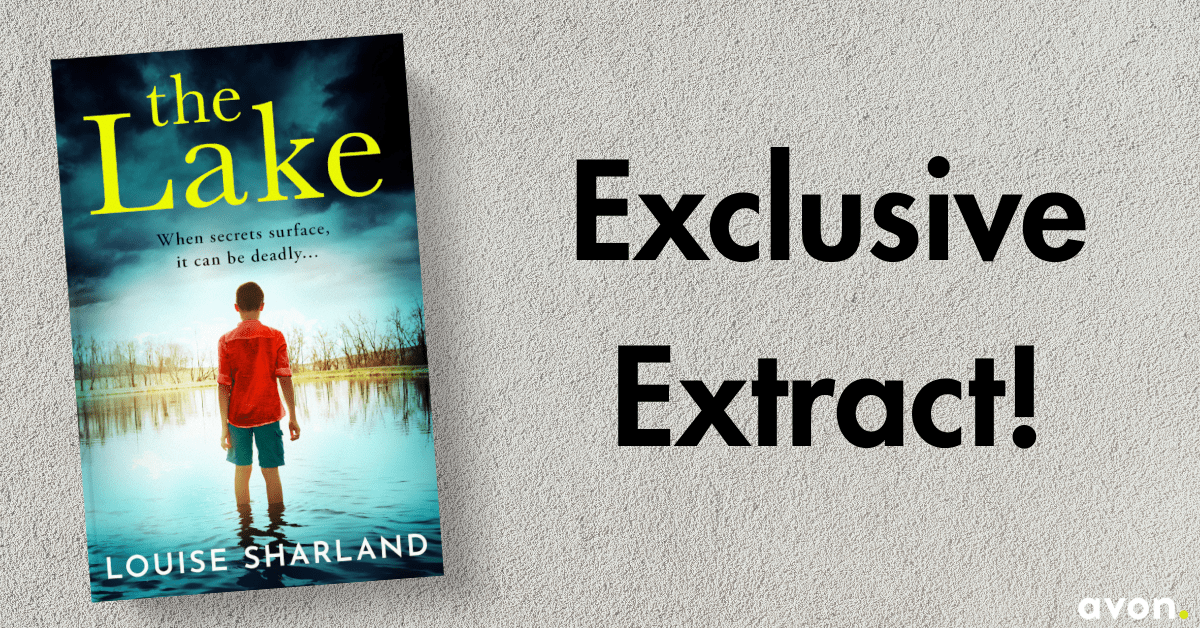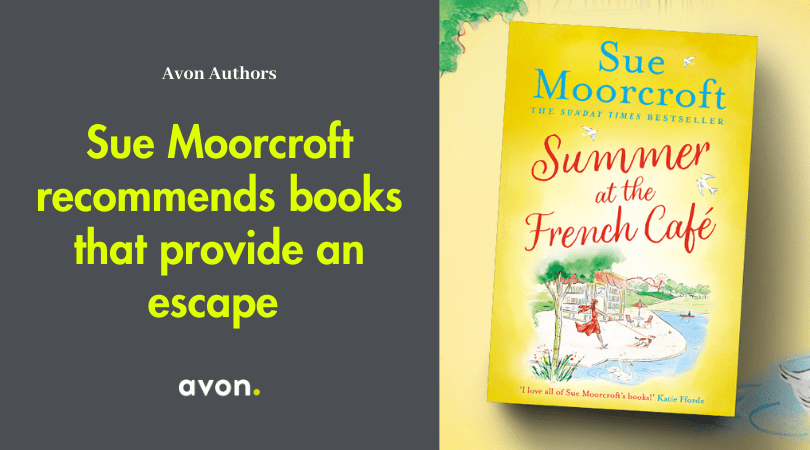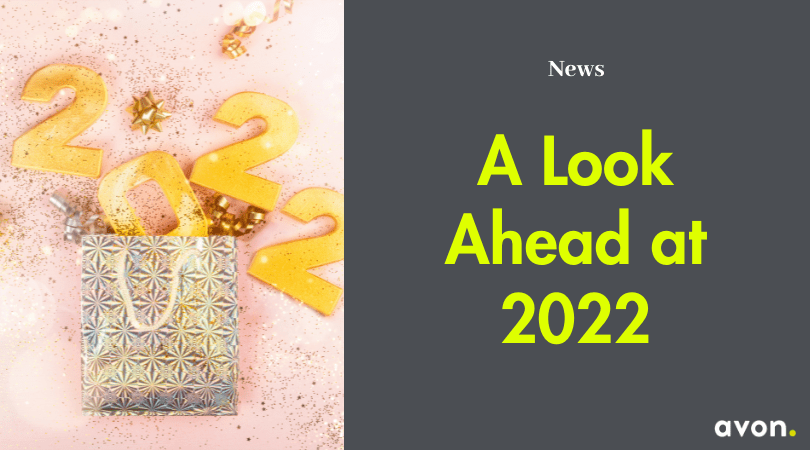1
The small patch of sand and scrubland that borders the lake is nearly empty; just a woman and her young son skipping stones. A few metres out, a paddleboarder has paused his journey to take in the view. I try my best to appreciate the beauty, but everything about this place is shrouded in pain. I distract myself by unwrapping the spray of white lilies I have brought, leaning them against the small wooden bench that overlooks the water. I could leave it of course – not return every year as I do – move on – but Michael was my son; my only child. He deserves to be remembered.
Nearby, the child’s giggles drift on the breeze as he runs from his mother’s outstretched hand. ‘Sweetheart,’ she calls, now breathless and unable to keep up. ‘Don’t get your new trainers wet!’
On the water the paddleboarder resumes his tour, his long rhythmic strokes hypnotic, enticing. The mother stumbles. In the time it takes to right herself, her little boy has wandered knee-deep into the water. The sound of rotors calls my attention, and I look up, following the path of a grey bug across the sky. A military helicopter from the nearby Royal Navy air station.
‘Danny?’ The woman’s voice sounds frightened, far away. I scan the shore. Only she and I remain. Out on the lake, a piece of driftwood bobs and sinks. ‘Danny!’ Fear transforms into frenzy as she charges into the water. Her dungarees, soaked and weighted, pull her to her knees. Hearing her hysterical screams, the paddleboarder moves forward, searching the water for any sign of the child. I freeze; do nothing. I desperately want to lift my feet from where they’re weighted into the sand – run into the water and help – but some immense terror holds me back. Ever since Michael drowned I can’t even step into a bath.
‘I’ve found him!’ someone cries, and suddenly I am free. The paddleboarder races towards the shore, the boy’s frail, limp body draped across his arms.
‘Put him down,’ I yell, stripping off my jacket and throwing it on the grass. The woman regards me suspiciously. ‘I’m a nurse!’ And within seconds I’m forcing air into the little boy’s waterlogged lungs, and gently kneading his small, immobile heart.
2
It’s always the same: first the darkness, the struggle; and then the unbearable choking feeling as I desperately try to kick my way through fetid water towards that tiny pinprick of light. Something keeps dragging me down: two iron fists, clamped around my ankles, pulling hard. When I look back into the muddy depths, I see a face: bleak, death-vacant eyes staring back up at me.
‘Kate, are you all right?’ I feel someone tugging at my shoulder. ‘Kate!’
I turn to see my husband Adam sitting up in bed beside me, the soft glow of a Kindle illuminating his handsome features. ‘You’ve been sitting there staring at nothing for the last twenty minutes.’
‘Have I?’
He reaches over and turns on the bedside lamp. ‘Are you upset with me?’
‘Upset?’ It takes a few seconds to reset myself. ‘Why would I be upset?’
‘About cancelling our plans.’
‘Of course not. It wasn’t your fault there was a major RTA on the motorway.’
‘I mean, I know how much you wanted to see that play.’
I take a shaky breath and reach for a tissue from the bedside table. ‘It wasn’t that, Adam. Yesterday was the anniversary.’
‘What?’
‘Michael’s anniversary.’
‘Oh, shit!’
‘For some stupid reason I thought going out might help.’
Adam slips his arm around my shoulders and pulls me in close. ‘I’m so sorry.’ The bristles on his chin rub against my cheek. ‘I should have remembered.’
‘You were in A&E until midnight.’
‘I still should have remembered.’ He turns to me, his expression earnest. ‘If you like, I can take you to the cemetery tomorrow?’
‘I’ve been.’
His fingers tighten on my arm. ‘The lake then?’ I bow my head. ‘You’ve been there too? You know how I feel about you going to the lake on your own. It’s not good for you.’ There is concern in his voice. Or is it disapproval?
‘I just went to lay some flowers, that’s all.’
‘That’s not the point. You know what your therapist said—’
‘Please, Adam, just leave it.’
Adam pulls away slightly, surprised at my resolve.
It’s not often that I disagree with him, but I’m tired. Tired of being managed and mollycoddled, and tired of being treated as if I were a child – or, even worse, a patient. Surely I have the right to remember my son in the way I see fit?
‘How was it?’ he asks finally. ‘At the lake I mean.’
‘Fine. Absolutely fine.’
I decide not to tell him about the little boy, or my sobs of relief as after nearly three minutes of CPR he mercifully began to breathe. Instead, I think of Michael’s memorial bench; of the pale, weather-worn oak, and the brass plaque glinting in the early morning sun.
In memory of Michael David Penrose (2000–2015)
One word frees us of all the weight and pain of life: that word is love
Adam had disapproved, thought the quote morbid, but I had insisted.
‘Why don’t we go out for lunch tomorrow?’ Adam’s voice is firm, persuasive. ‘We could try that new tapas place on Fore Street.’
‘I’m not really sure . . .’
‘Kate.’ Adam runs his hand up along my arm to my shoulder, before slowly letting it slide down to my breast. ‘We’ve talked about this before, haven’t we? It’s been six years now. Don’t you think it’s time for us to move on?’
‘Move on?’ I reply immediately, automatically. ‘Yes, of course.’ And although my voice rises in agreement, inside I am screaming.
When Adam is finally asleep, I creep downstairs and pour myself a glass of wine. Reaching into the pocket of my dressing gown, I search for the small blue pill I hid there earlier. I welcome the sensation of the sugary coating dissolving on my tongue, before washing it down with a slug of Pinot.
I won’t have any trouble getting back to sleep tonight.
After a lunch of zamburiñas and San Miguel, Adam and I browse the antique shops that are dotted along the Exeter quayside. By the time we make our way back to the car, the sun is sinking behind the cathedral, the cream-coloured stonework a jagged silhouette against darkening skies. For the first time in months I feel lighter; more myself.
We return home to the unremitting blink of the answerphone light.
‘Just leave it,’ I say, as I slide our takeaways into the oven. ‘I’ll check the messages later.’ I’m looking forward to my squid in black bean sauce when the telephone rings. ‘Can’t we just leave it?’ I ask again, but Adam is already lifting the receiver to his ear.
‘Hullo?’ He has his consultant’s voice on, no doubt anticipating another call about an A&E emergency.
‘Who is it?’ I whisper.
‘Not sure – they’re asking for you,’ says Adam, handing me the phone and taking a sip of wine.
‘Hello?’ I can hear someone clearing their throat, and then a soft female voice.
‘Katie?’
‘Doris, is that you?’ Doris Livingstone is my mother’s next-door neighbour. ‘What is it? Are you okay?’
There’s a pause, and the older woman seems to be struggling with what to say next. ‘Katie, your mother has had an accident. I’ve been trying to ring you all day.’
I think of my mobile phone lying dead at the bottom of my bag. ‘Is she all right?’
‘I’m not sure.’ Doris makes a small hiccupping sound. ‘I found her at the bottom of the stairs. She was barely breathing. The paramedics came and took her away.’
‘Where did they take her? Which hospital?’
‘The big one,’ she replies. ‘Plymouth.’ There’s another pause, this time longer. ‘The way she looked when I found her – so pale – I thought . . .’
‘Thank you, Doris. I’d better ring the hospital.’
‘Yes, of course.’
‘I’ll ring you back as soon as I know anything. Speak then.’ I carefully place the phone back into its cradle before turning and vomiting into the sink.
It takes nearly half an hour to get through to Plymouth A&E. I insist Adam eat his stir fry, but I can’t bear to touch my squid: the thin, rubbery circles remind me now of the transplant valves I handled in my days as a cardiac nurse, in that happier past when Michael was alive and my world was still hopeful. I glance at the refrigerator door. Preserved within a small magnetic picture frame is a photograph I took of him the morning he left for boarding school. Gorgeous, chocolate-coloured curls frame a strong brow and determined chin; but his deep brown eyes are uncertain, his smile hesitant. I feel Adam’s hand on my shoulder.
‘What did the hospital say?’
‘They think it was a stroke.’ My voice wavers, but I am determined not to cry. ‘Ischemic, but they won’t know for sure until they do more tests.’
‘Oh, Kate.’
I turn and touch his cheek. ‘I have to go.’
‘Yes, of course.’
‘I mean tonight – now.’
‘What?’
‘I could tell by the nurse’s tone it’s serious.’ I recall the expression of benign neutrality I’d always adopted before breaking bad news on the ward. Adam pours his wine down the sink and reaches for the car keys.
‘You get your coat. I’ll drive.’
I point to the calendar stuck to the refrigerator door. ‘You’re on call.’
‘Damn. Maybe—’
‘You can’t, Adam. You know you need to be within at least a forty-five-minute drive to the hospital.’
‘I’ll ring Sue, she might—’
‘Really, sweetheart, I’ll be fine. It’s probably better if I go on my own anyway. You know what my mother’s like.’
‘But that’s the hospital where—’
I lay my hand on his. ‘I’ll be fine. The nurse said she’s stabilised, but you know, these things can change in a heartbeat.’
‘But if you waited until tomorrow—’
‘She could be dead by tomorrow.’
Adam takes off his glasses and rubs his eyes. ‘Well, I suppose we’ve got no choice, but I’m really not happy about you driving all that way on your own, especially at this time of night. You’re not planning to stay there, are you?’
I try to appear confident, to contain the panic that is threatening to overwhelm me. As much as I love my husband, I wish he would stop asking me all these questions. ‘Depends on her status really. I’ve still got my keys to Mum’s house, and there’s Tam to see to.’
‘That bloody cat,’ Adam grumbles. ‘Are you sure you don’t want me to call the department? Maybe they can find someone to cover for me.’
‘It’s a Saturday night, darling. They won’t be able to find cover at this short notice.’
‘I know, but—’
‘Adam, trust me, I’ll be fine.’
My husband looks uncertain, as if trusting me is something he hasn’t been able to do in a while. I’m not sure I blame him.
‘I’m coming up first thing tomorrow,’ he says. ‘No arguments.’
‘Okay,’ I whisper, and let him envelop me in his strong, secure embrace.
The car’s headlights bathe Adam in an eerie glow as I reverse out of the drive. I pull away, grateful to at last be on the road, but still wondering if I should have let him come with me. It isn’t that I’m ashamed of my family, it’s just that they’re so damned hard to explain. A long-absent father, a rebellious older sister, and a fundamentalist Christian mother aren’t exactly the ideal in-laws.
I glance at the clock on the dashboard. Eight fifteen. If traffic is good, I can make it to the hospital by ten. I put my foot down, head south. A sudden gust buffets the car, and my knuckles whiten as I grip the steering wheel. It takes a few seconds before I feel steady enough to reach over and turn on the radio. I’m grateful for the solid monotony of the weather forecast easing me on my way.
I haven’t long exited the dual carriageway and am just merging onto a poorly lit B-road, when from out of the gloom appear half a dozen small shapes. Without warning, the figures dash across the road directly in front of me, glowing in my headlights. I slam on the brakes and feel the Mini snake as I struggle to manoeuvre it onto the soft verge. Heart pounding, I watch as the creatures flee into the bushes across the road.
‘Bloody hell!’
Then I catch sight of it: just to my right stands a single roe deer. No larger than an Alsatian, the tiny creature stands frozen in fear. I ease open the door and manoeuvre my way out of the car. In the headlights’ glare, the animal’s eyes are huge golden orbs. If it wasn’t for its gently heaving lungs it could be made of stone.
‘I won’t hurt you,’ I whisper, edging my way forwards. Somewhere in my peripheral vision I register approaching headlights. As if waking from a
trance, the animal blinks, flicks its ears and tears across the road – directly into the path of the oncoming car.
It’s just after ten when I finally reach the hospital. The main corridor is quiet, apart from a security guard and two cleaners leaning on their brooms. I ignore the lifts, choosing instead the concrete solitude of the stairwell. At the top I pause before pushing my way through the swinging doors. Ahead of me the green-grey hallway is empty apart from a metal trolley loaded with medical waste bins, and the neon light hanging above hisses and spits. From nearby drifts the unmistakable stench of hospital: a nauseating blend of antiseptic, old food and sick. I swallow hard. I can feel the bile rising at the back of my throat, can taste it in my mouth.
The memory comes to me then: sudden and unexpected, like a knife blade in the gut.
I am in a small white room. In front of me is a window into another, smaller room. The grey curtains that frame the window are drawn shut. Next to me stands a police officer. She’s dressed in a black uniform with bold white lettering on the back of her flak jacket.
White wall, grey curtains, black uniform. It seems strangely suitable that my world is now devoid of colour. The officer is speaking. I glance towards her. I can see her lips moving, but I can hear no sound. It’s as if my world is on mute.
The door opens and a man in a white coat enters. He stinks of cheap aftershave. The policewoman touches me on the elbow and nods to him. I watch as he steps forward and pulls on the cord to open the curtains. At first, they jam, and the man tugs impatiently at the mechanism, his pale cheeks reddening. I want to call to him; to scream don’t open them! If you don’t open them, I won’t have to see! But it’s too late. The curtains are sliding open and I can’t look away. Lying on a metal mortuary table in the room beyond the window is my fifteen-year-old son Michael.



